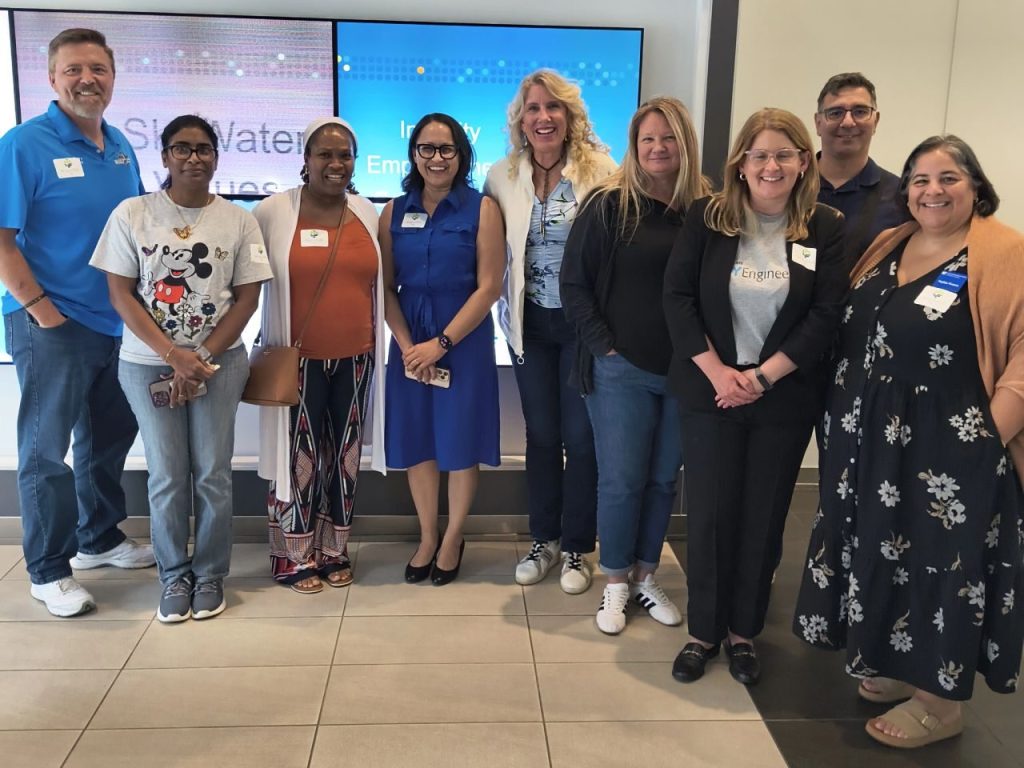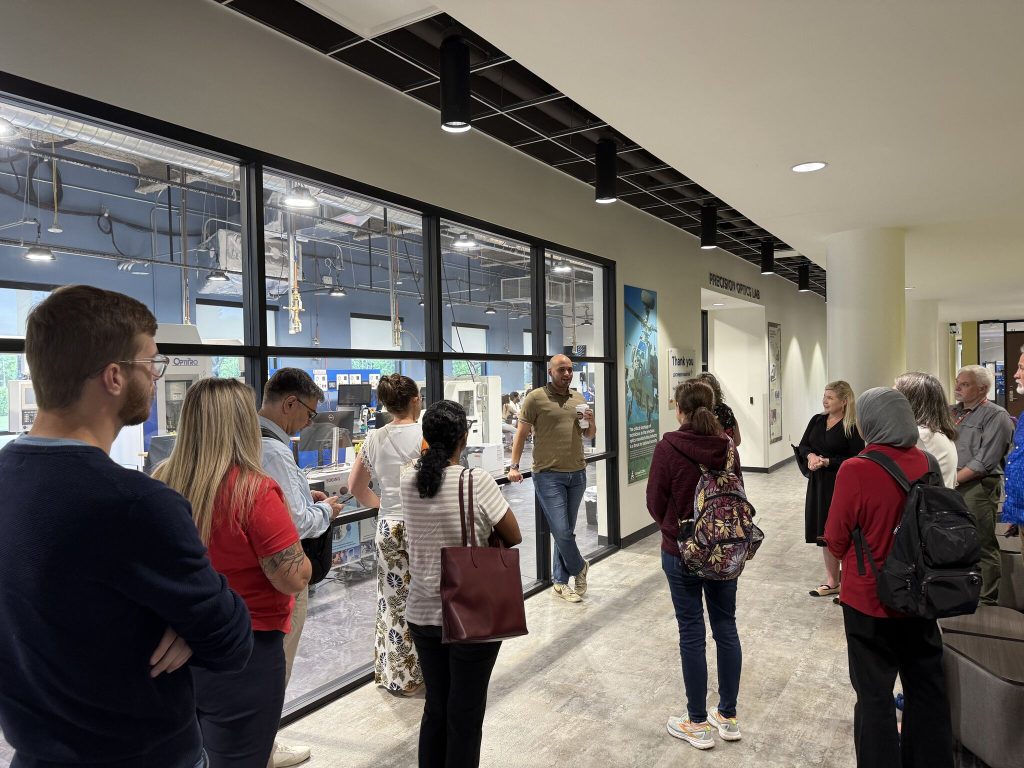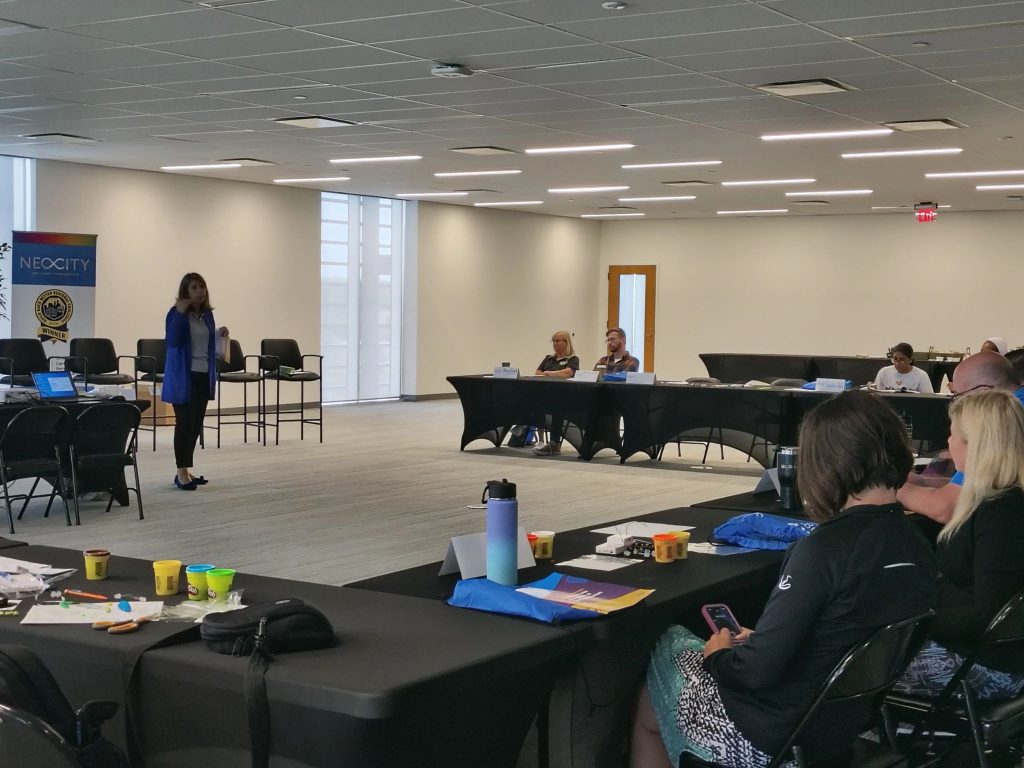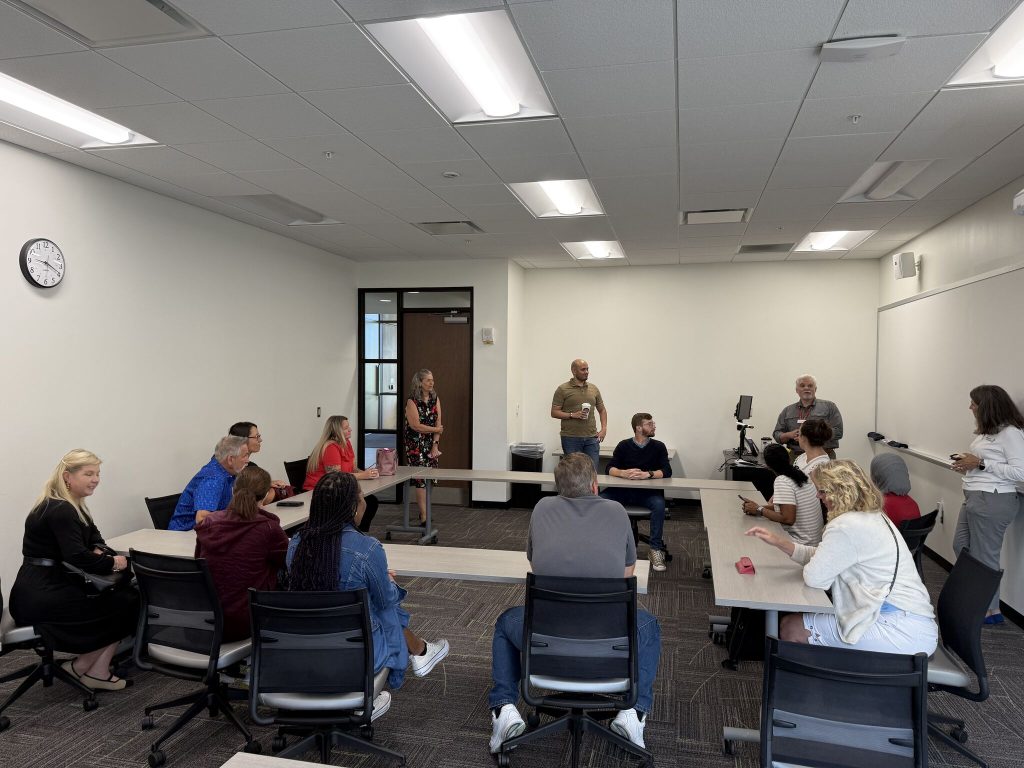Hosted at NeoCity, FL, with the support of the Florida Semiconductor Institute, IEEE’s TryEngineering Educator Session focused on providing Florida Educators with a hands-on, interactive glimpse into semiconductor manufacturing and technology to help teachers connect classroom learning to meaningful careers.
IEEE TryEngineering Educator Session Recap
The IEEE TryEngineering Educator Session program allows educators across the country to learn from semiconductor industry experts and attain TryEngineering resources for their classrooms, completely free of charge. Built to inspire the next generation of tech experts globally, the program is supported by ON Semiconductor Foundation, the IEEE foundation, and for the NeoCity, Florida session, the Florida Semiconductor Institute.
NeoCity, Florida, has emerged as a major hub for high-tech innovation and semiconductor manufacturing, offering a valuable and insightful look into Florida’s growing role in the worldwide tech ecosystem. To support and sustain this growing ecosystem, workforce development must start in the classroom, which is where the TryEngineering Educator Sessions play a vital role.

With around 30 educators in attendance, on Day 1 of the NeoCity Session, educators heard from Lorena Garcia, Founder of the Colombian Network of Electronics and Semiconductors, Professor at Universidad del Rosario, and Senior Member of IEEE. In addition, Debra Gulick, Director of Student and Academic Education Programs at IEEE and Educational Consultant shared her expertise and advice with the educators.
At the end of Day 1, the session included a tour of SkyWater Technology, a major contributor to semiconductor fabrication, manufacturing, and advanced packaging in NeoCity. This tour allowed educators to see the careers that they are helping to prepare their students for.
On Day 2, educators were given a tour of Valencia College’s Semiconductor Engineering AS Program, just down the road from NeoCity, FL. The AS Program prepares students for entry-level jobs in semiconductor manufacturing, fitted with learning labs, workspaces, and classrooms to prepare students accordingly. The tour allowed educators to explore the labs, speak with faculty, and see real program training. Understanding the program and the benefits that it brings allows educators to continue to prepare students in the classroom, connect classroom learning to more fulfilling careers, and help contribute to the talent pipeline in Florida.
We would like to thank the IEEE Educational Activities team for leading this impactful professional development initiative.



